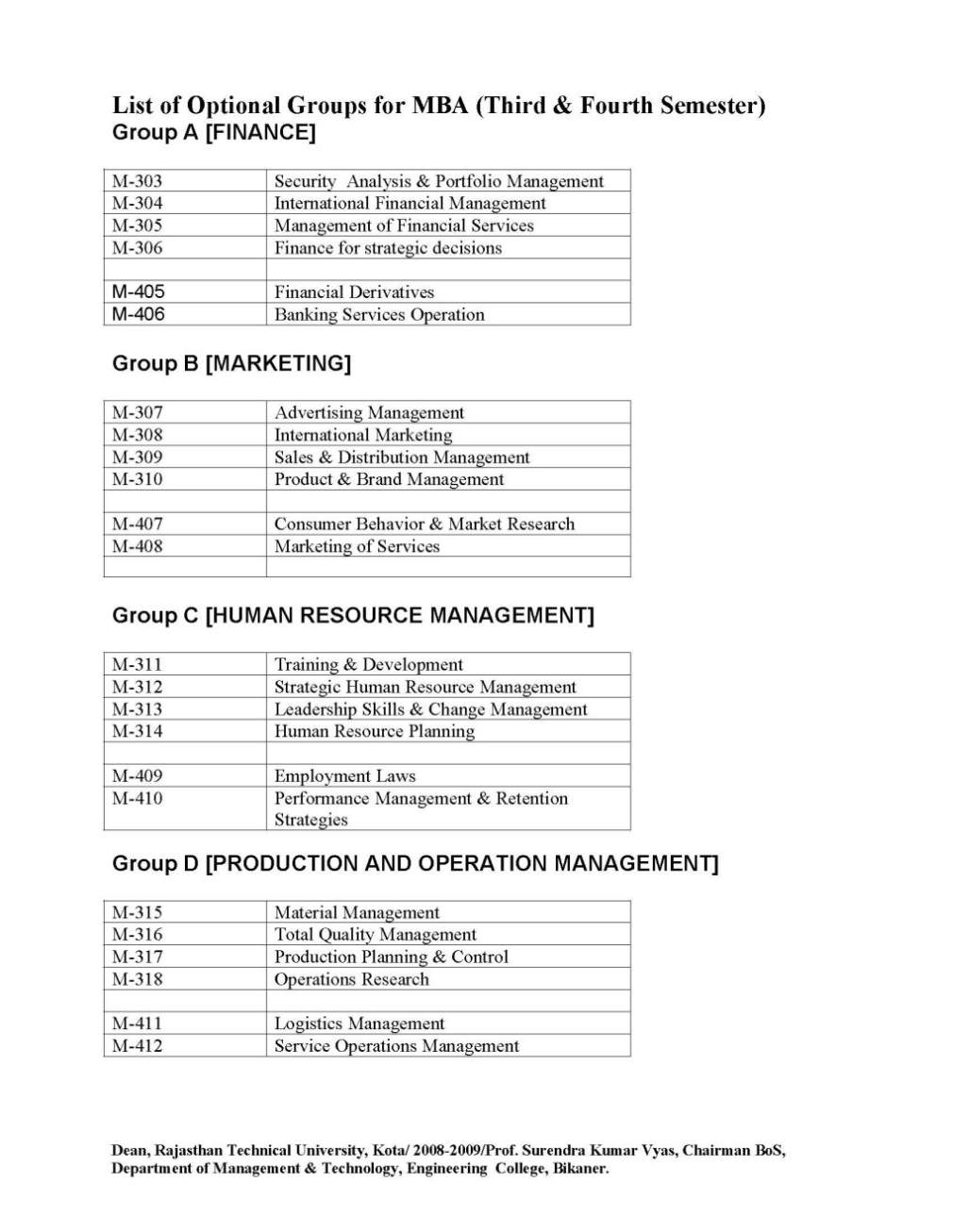
Some well-known examples of gamification include Fitbit, Apple Watch, Nike+, Khan Academy, Wikipedia, Stack Overflow, Lyft, and many others.

We note that gamification is distinct from a game as these points and badges do not directly help the player progress toward an in-game end goal instead, they simply mark the individuals’ progress and provide no inherent value. Many gamification systems use points, badges, or leaderboards to try to encourage extended engagement. On the other hand, there are countless examples of attempts at including game-like features, also known as gamification, into various programs and apps in an attempt to increase engagement with the system in question. Typically, games also provide rewards (often called in-game rewards) that have an inherent value to help the player overcome a challenge and achieve the end goal. There are many definitions of what can be construed as a game however, 1 common theme is that a game must provide a challenge or a goal that requires skill to overcome or achieve. Successful games use common design techniques and mechanics to produce a game loop that repeatedly draws players back on a regular schedule and encourages the player to watch ads, share on social media, or pay money to get special rewards in the game. Furthermore, 77% of teens report playing mobile games on their mobile phone or tablet and 85% of children who play mobile games play at least a few times a week. In 2015, 51.3% of mobile phone users played a mobile game at least once per month, and this rate is expected to grow to 63.7% of mobile phone users by 2020. Played on the ubiquitous smartphone, these games have captured the attention of a wide variety of demographics and are often targeted to specific subgroups to further increase game-playing compliance. Recently, researchers have started exploring the possibility of using game design techniques, especially mobile games, to increase compliance to various behaviors. Nevertheless, this method is highly interruptive and cannot be used for long periods without losing participant engagement unless they are highly compensated. Experience sampling, also called ecological momentary assessment, is one of the methods used to gather an individual’s experiences in real time by asking them to stop what they are doing and record their experiences. These electronic diaries have compliance rates typically ranging from 60 to 80% over 4 weeks or less. With the rise of the smartphone and its near ubiquity (77% of Americans are now smartphone owners ), one of the simplest ways to increase diary compliance is to transition from paper diaries to digital diaries. They found that the digital group filled out significantly more diaries (average of 6.6/7 days or 94% completion) than the paper diary group (average of 3.8/7 days or 54% completion).
Mba project report on reward system download in pdf trial#
Palermo et al conducted a similar trial having 60 children report their pain over 7 days. They found that those participants that used digital means to record their pain completed an average of 71.5% (261/365) days, whereas those in the paper group only recorded their pain an average of 17.8% (65/365) days.

Jamison et al had 36 participants monitor their pain daily for 1 year. Even before smartphones were available, researchers were using palmtop computers to compare adherence rates between digital and paper diaries.

A common way to improve diary compliance is to transition from paper diaries to digital diaries. Thus, it is critical to find a way to increase diary compliance. Specifically, Stone et al found that only 11% of paper diaries were completed during the appropriate 30 min time window even though patients filled in 90% of the diaries. However, it has been shown that patients often do not fill out diaries at the required time but instead fake compliance by filling them out later in batches. In many cases, patients are asked to complete paper diaries at regularly spaced prespecified times. Clinicians rely on self-reports to collect a variety of patient data (including mood or pain reports and descriptions of changing symptoms) for routine practice and during clinical trials.


 0 kommentar(er)
0 kommentar(er)
